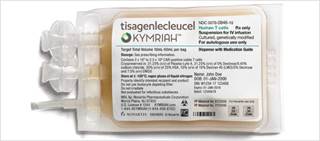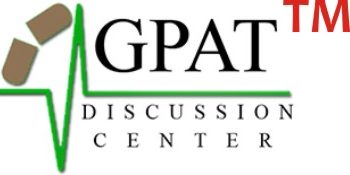
Novartis announced that the Food and Drug Administration (FDA) has approved Kymriah (tisagenlecleucel) suspension for intravenous (IV) infusion for the treatment of adults with relapsed or refractory (r/r) large B-cell lymphoma after 2 or more lines of systemic therapy including diffuse large B-cell lymphoma (DLBCL), high grade B-cell lymphoma and DLBCL arising from follicular lymphoma.
The new approval for r/r DLBCL was supported by findings from the Phase 3 JULIET trial, a multicenter global registration study that evaluated 106 patients receiving Kymriah infusions both in the inpatient and outpatient setting.
The findings showed an overall response rate (ORR) of 50% (95% CI: 38 to 62%) with 32% of patients achieving a complete response (CR) and 18% achieving a partial response (PR). At the time of analysis, the median duration of response was not reached, demonstrating sustained response. Severe or life-threatening (Grade 3/4) cytokine release syndrome (CRS) was seen in 23% of patients and Grade 3/4 neurological events were seen in 18% of patients. Generally, the most common adverse events among study patients were CRS, infections, pyrexia, diarrhea, nausea, fatigue, hypotension, edema, and headache.
Kymriah was initially approved in August 2017 to treat patients up to age 25 with B-cell precursor acute lymphoblastic leukemia (ALL) that is refractory or in second or later relapse. It is a CD19-directed chimeric antigen receptor T cell (CAR-T) therapy that is manufactured specifically for each patient using his/her own T cells. The one-time treatment uses the 4-1BB costimulatory domain in its CAR to enhance cellular expansion and persistence.
Kymriah carries a Boxed Warning regarding cytokine release syndrome and neurological toxicities and is only available through a restricted program under a Risk Evaluation and Mitigation Strategy (REMS) called the Kymriah REMS. It is supplied as a frozen suspension of genetically modified autologous T cells in an infusion bag labeled for the specific recipient.


